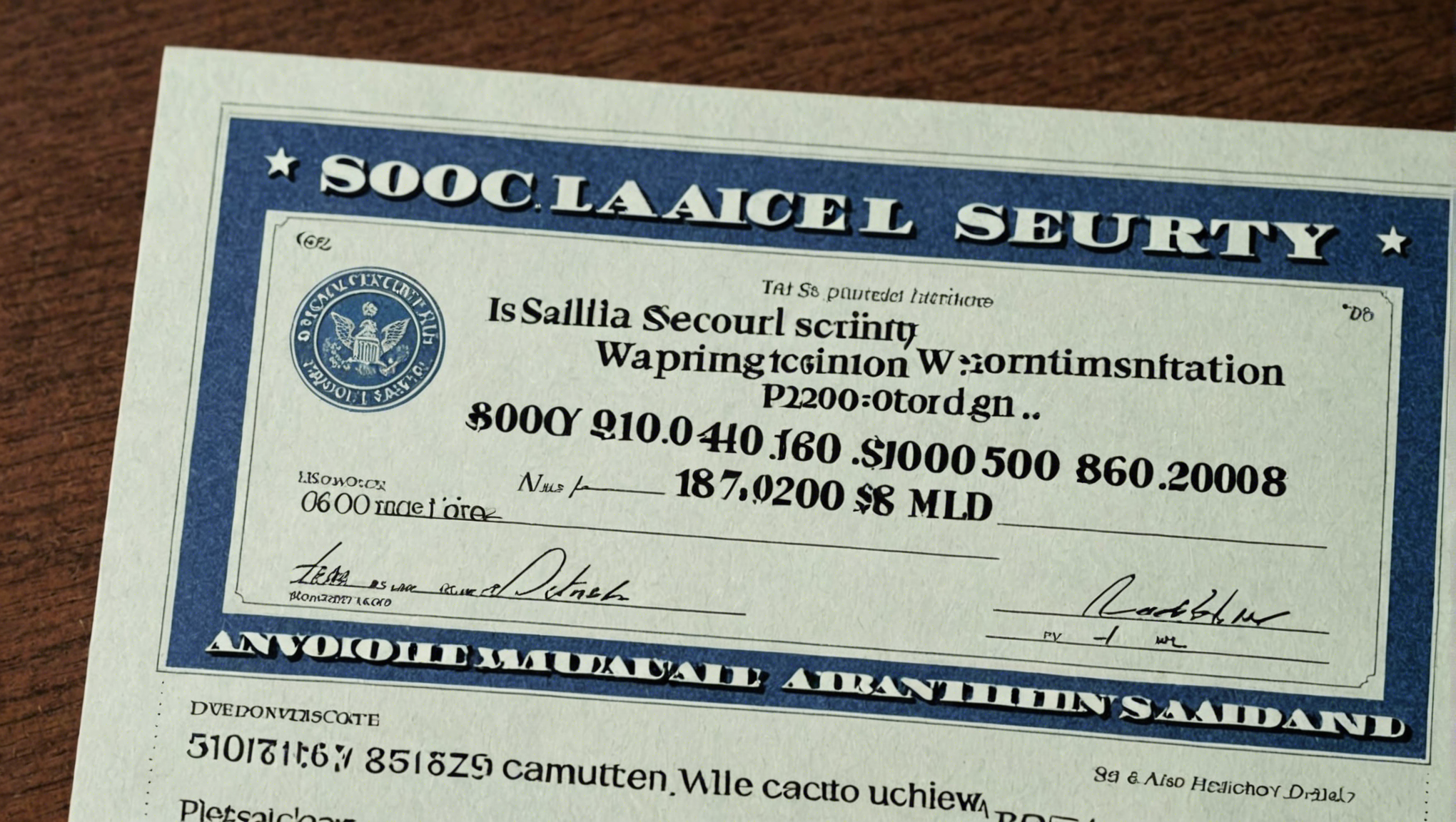Is the Social Security Administration warning about a $600 payment scam? Find out the shocking details!
The Social Security Administration is currently raising alarm about a potential scam involving a $600 payment. Delve into this article to uncover the disturbing truth behind this scheme and learn how to protect yourself from falling victim.
Unraveling the $600 Payment Scam Claims
News has been circulating recently on unreliable websites, claiming that Social Security recipients will receive a significant $600 payment increase or a new stimulus check this month. According to the Social Security Administration (SSA), these claims are, in fact, false and are spreading misinformation. Martin O’Malley, the Social Security Commissioner, emphasized in a news release, “Reports of a $600 payment increase are FALSE, please be aware and don’t fall for this stunt.” But how did these rumors start, and why have they gained such traction?
The Impact of False Rumors
Although the SSA did not specify how these rumors originated, multiple fake news articles have been reviewed by NewsNation. One of these articles described the non-existent payment as a “long-awaited $600 increase.” This rumor has created such a stir that the SSA’s phone lines were inundated with over 463,000 calls in a single day. O’Malley remarked on the significant impact these false claims have had, not only wasting resources but also confusing beneficiaries.
Debunking the Stimulus Check Myth
Adding to the confusion, additional online articles falsely claimed that Social Security recipients are set to receive new stimulus checks. A spokesperson for the SSA confirmed via email that these claims are also untrue. It’s crucial that individuals rely on official announcements for any updates or changes regarding Social Security payments, which can be found on the government website. Direct notifications are also sent to individuals to keep them informed accurately.
Social Security Scams: A Growing Concern
Social Security-related scams have become increasingly rampant, becoming the number one government imposter scam in the United States. According to the Federal Trade Commission (FTC), consumers reported losing more than $126.5 million to these scams last year alone. The magnitude of these scams highlights the importance of being vigilant and verifying any claims related to Social Security payments.
Understanding Legitimate COLA Increases
Official changes to Social Security payments, such as the annual cost-of-living adjustment (COLA), are announced well in advance and follow a structured process. For instance, the COLA increase for 2025 will be announced in October 2024, and any changes will be implemented starting January 2025. The Senior Citizens League has projected that the COLA for 2025 will be approximately 2.57%, although the final amount will be based on the average inflation rate from July to September of the previous year.
What to Expect with Your Social Security Payment Schedule
It’s essential for Social Security recipients to be aware of their payment schedules to avoid falling for scams. Here is the SSA’s schedule for June:
- June 3: Payments for those who have received Social Security since before May 1997.
- June 12: Payments for people whose birthday falls between the first and 10th of any given month.
- June 18: Payments for people whose birthday falls between the 11th and 20th of any given month. This is a day earlier than usual because Juneteenth is a federal holiday.
- June 26: Payments for people whose birthday falls between the 21st and 31st of any given month.
In summary, always double-check any claims regarding Social Security payments, especially when they seem too good to be true. Refer to official sources and stay informed to protect yourself from falling victim to scams.
Source: fox40.com







